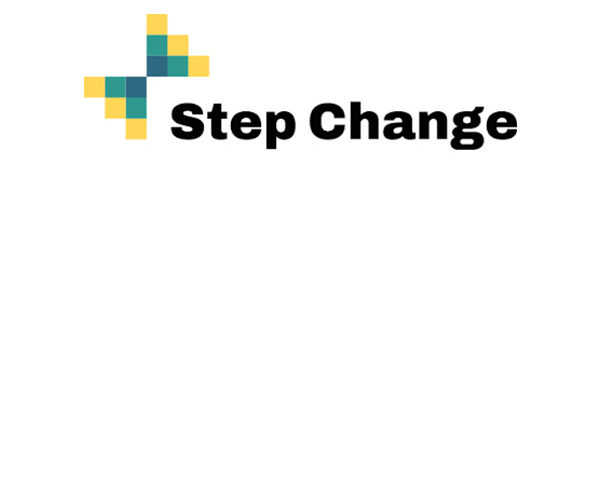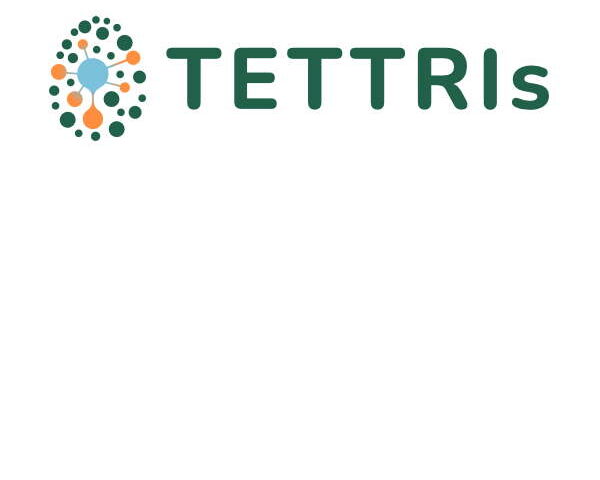
RE4GREEN is a Horizon Europe project aiming to support the transition to a sustainable economy and society.

RE4GREEN is a Horizon Europe project aiming to support the transition to a sustainable economy and society.

SOCIO-BEE addresses air pollution through community engagement and social innovation, combined with Citizen Science.

Generative adversarial networks (GANs) are a class of AI models able to create media contents resembling reality. SOLARIS will establish regulatory innovations to detect and mitigate deepfake risks.

It explores and boosts the potential of citizen science for advancing knowledge and innovation in five fields.

STRATUM is a research project funded by the European Union’s Horizon Europe research and innovation program, which aims to develop a novel tool to aid decision-making during brain tumour surgery.

With TETTRIs, we envision a transformative change in the field of taxonomy to build and sustain taxonomic research capacity through increasing knowledge and developing systems.

UNTWIST aims to promote gender equality as a core value of the EU, defending it from the emerging threat that the oppositional gender rhetoric from extreme populist parties represents.